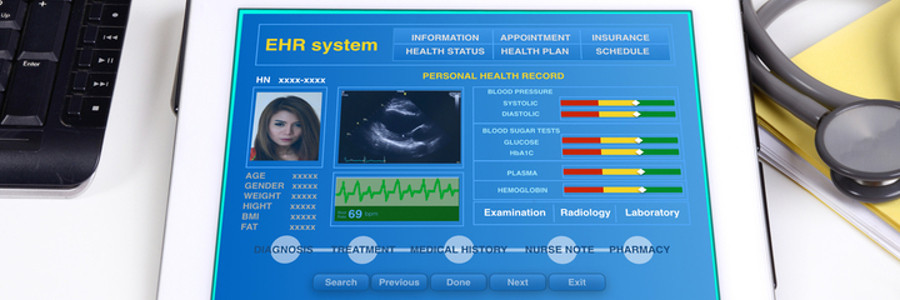Many healthcare providers have shifted to electronic health records (EHRs). Compared to paper-based systems, EHR systems offer greater information recency and accessibility to patient records. Before switching to EHR systems, your practice must first understand the following.
The pros and cons of EHR systems
EHRs: Are they worth it?

Digitization is significantly changing the way healthcare organizations deliver care and services to patients. In particular, the use of electronic health records (EHRs) is improving the accuracy and accessibility of patient information. Despite this, the adoption rate of EHRs is still low and meets resistance from many healthcare providers.
Are you HIPAA-compliant? 4 Things to look into

Medical records are extremely private and their exposure could lead to negative consequences such as social stigma and job discrimination. The Health Insurance Portability and Accountability Act (HIPAA) protects this information and grants patients the right to view their own health information so that they can enjoy more control over their care.
The pros and cons of EHRs
4 Items in Your HIPAA Compliance Checklist
EHR hardware: you need to know

Adopting technology that efficiently stores customer information in one highly organized system used to be inconceivable for many businesses. But not anymore. For healthcare organizations, in particular, digitally collecting and storing patient data has become possible with EHR.
EHR stands for “Electronic Health Record,” and a lot can go into getting your practice ready for one of these data-sharing, network-connected, enterprise-wide information systems.
The EHR vs traditional record debate
Is the future of the healthcare industry digital? Experts see no other way forward, as demonstrated by the popularity of electronic health records. However, critics of this new recording process have pointed out major flaws that aren’t present in its traditional counterpart: paper-based recording.


